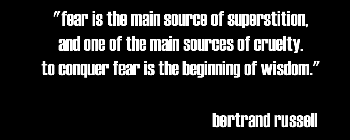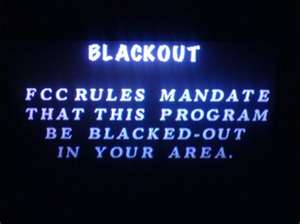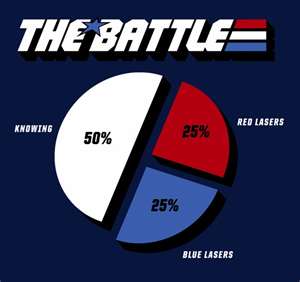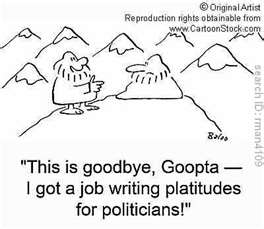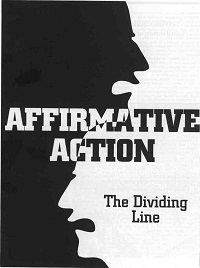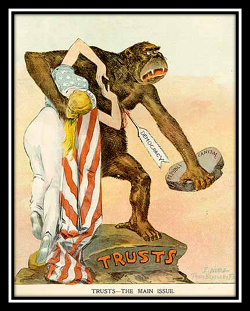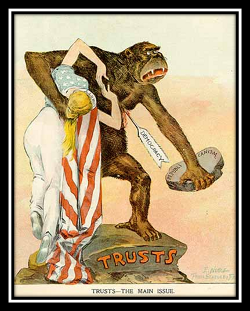 While reading the news I recently came across a story about how hugging is now illegal in a New Jersey School. Naturally the original story sensationalized the situation and a better explanation came forth. Still, it got me thinking about why the rule was created and how it reflect the United States’ plunge into fear. Likely a pair of middle school students were behaving in some sexual manner and this rule resulted out of fear.
While reading the news I recently came across a story about how hugging is now illegal in a New Jersey School. Naturally the original story sensationalized the situation and a better explanation came forth. Still, it got me thinking about why the rule was created and how it reflect the United States’ plunge into fear. Likely a pair of middle school students were behaving in some sexual manner and this rule resulted out of fear.
This seems to me to be the root of the issue. The fear of a bad apple causing us to throw out the entire barrel. Not that raging hormonal twelve-year olds is something that should shock us but I’ll talk about this strange puritan-like fantasy we seem to have constructed in our minds when it comes to children another time.
This all comes down to fear and whether we let it rule our lives. I’m of the opinion that the U.S. has gone from a daring nation filled with courageous people to a nation cringing in the shadows afraid that something will go wrong. Not to say there aren’t heroes out there who are starting new businesses, taking chances, defending our streets and our nation, but I think on the whole we’ve taken a turn to the craven.
Maybe this transition from bold to fearful is at the heart of the descent of all-powerful nations. A nation with more to lose, more security, is one that would tend towards caution whereas the young nation with little to lose acts boldly. Or at least the people of that nation do so.
Fear is a tactic used by politicians in many circumstances:
“The people don’t want war, but they can always be brought to the bidding of the leaders. This is easy. All you have to do is tell them they are being attacked, and denounce the pacifists for lack of patriotism and for exposing the country to danger. It works the same in every country.” – Herman Goering
“obscures reason, intensifies emotions and makes it easier for demagogic politicians to mobilize the public on behalf of the policies they want to pursue” – The War on Terror phrase
The Daisy advertisement was used by a seasoned fear monger, Lyndon Johnson, against Barry Goldwater. It worked.
But, it’s not just politics, we see this is advertising multiple times a day.
Here we have Jesus Camp and here we have Terrorist indoctrination.
Parents are told danger lurks at every corner. We see glaring statistics like 2,000 children kidnapped a day! Horrifying at first glance, hide your children. Except that the vast majority are “kidnapped” by a relative in a domestic dispute and returned within a week.
I could go on endlessly how people with agendas use fear to control us but now I want to get to the solution.
Fear is real, there are things to fear, and you should modify your behavior to this danger. However, you should analyze the motives of the person trying to scare you and absolutely go out and find if the things they are saying are true. For example, the ads I’ve posted above. Drunk drivers do kill people, drug addicts do turn to prostitution, climate change … well, it’s not going to turn you into a fish! However, is the solution to never drive again? Create a ridiculous, failed, expensive, “War on Drugs”? Reduce your carbon footprint by hiding in your house?
How about you pay attention when driving, particularly on weekend evenings? Look into the arguments for legalizing drugs? Switch to efficient lightbulbs and dryers?
Don’t let fear rule your life but don’t ignore it. Particularly pay attention to a politician who tells you that the sky will fall if their opponent is elected. The next time you have a political debate and your counterpart tries to frighten you; look them in the eye and say, “I won’t be scared.” Teach your children the same. If your twelve-year-old child is touched inappropriately don’t tell him or her to stop hugging, tell him or her to scream at the person who did it and if it happens again report it.
If we continue down this path of fear we will eventually find ourselves as a bunker of a nation peering out over the edge unable to act or live. We cannot trade freedom for safety because the result is neither.
They who can give up essential liberty to obtain a little temporary safety, deserve neither liberty nor safety – Benjamin Franklin.
Comment away!
Tom Liberman
Sword and Sorcery fantasy with a Libertarian Twist
